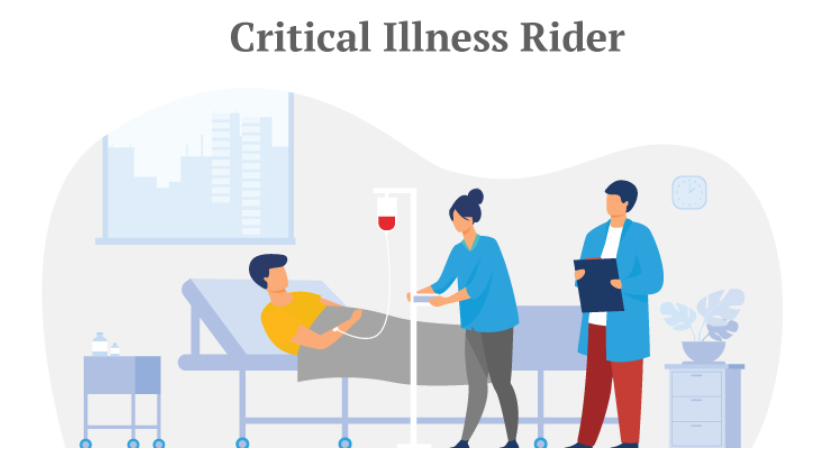Navigating the options for elder care can be confusing, particularly when distinguishing between assisted living facilities and nursing homes. Each offers different levels of care and services, tailored to the varied needs of residents. With the growing population of adults over 65—a demographic increasing due to the daily influx of baby boomers reaching retirement age—the demand for these services is set to rise. Understanding the distinctions, services, and associated costs is crucial for anyone considering long-term care options.
What is Assisted Living?
Assisted living facilities cater to individuals who require assistance with daily activities but do not need round-the-clock medical care. These facilities promote independence, offering help when necessary. Residents typically live in private or shared apartments and have access to emergency medical support, although continuous medical supervision is not provided. Services in assisted living often include meal preparation, housekeeping, medication management, and social activities, allowing residents a blend of autonomy and essential support.
What is a Nursing Home?
Nursing homes provide intensive care and supervision for residents who cannot independently perform daily activities due to physical or cognitive impairments. These facilities offer 24-hour medical attention and assistance, featuring a staff of healthcare professionals including nurses and therapists. Residents may receive rehabilitative care following hospital stays or may reside long-term due to chronic medical conditions. The environment is more medically oriented than in assisted living, with facilities equipped to handle more complex health care requirements.
Key Differences Between Assisted Living and Nursing Homes
Eligibility and Care Levels:
- Assisted Living: Suitable for those who can manage day-to-day activities with some assistance. Ideal for individuals who value independence but require occasional support.
- Nursing Homes: Designed for residents needing daily, intensive medical care and personal assistance. This option is for individuals with significant health challenges.
Services Provided:
- Assisted Living: Services focus on lifestyle support—such as meals, transportation, and light medical care—with staff available to assist with daily living activities.
- Nursing Homes: Offer comprehensive medical care, including full-time nursing, rehabilitative therapies, and extensive medical monitoring and treatment.
Cost Comparison
The cost difference between assisted living and nursing homes is substantial due to the level of care provided. On average, nursing homes cost about twice as much as assisted living facilities due to the intensive medical care and staffing requirements. Assisted living might average around $48,000 per year, whereas nursing home care could exceed $89,000 annually.
Funding Options for Long-term Care
Funding long-term care is a major concern for many families, as Medicare often does not cover these costs and Medicaid eligibility is limited. Common strategies include:
- Selling assets such as a home
- Reverse mortgages
- Long-term care insurance
- Veterans’ assistance
- Life settlements
Among these, life settlements stand out as a potentially attractive option. This involves selling a life insurance policy for immediate cash that exceeds the policy’s surrender value. This lump sum can be used for any purpose, including funding long-term care. Life settlements provide a way to convert an underutilized asset into practical financial resources to manage care costs effectively.
Conclusion
When planning for long-term care, understanding the specific offerings and costs of assisted living and nursing homes is essential. Each has its place in elder care, depending on individual health needs and desired lifestyle. For those facing the financial challenges of funding these options, exploring innovative solutions like life settlements can provide necessary funds to ensure quality care and peace of mind in later years.
For those interested in exploring life settlements as a way to fund elder care, consulting with a specialist like Harbor Life Settlements can provide clarity and options for leveraging life insurance policies to secure financial stability in retirement.



